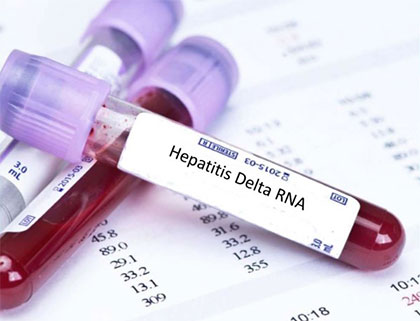Alcoholic Hepatitis
What It Is
Alcoholic hepatitis, as the name implies, is a condition wherein the liver becomes inflamed due to regular excessive alcohol consumption. While there may be other contributory factors, drinking is the main one. When alcohol is consumed, the liver is required to process it and this results in the production of toxic chemicals. These can, over time, cause liver inflammation and injury which can lead to the development of alcoholic hepatitis.
Nutrition plays an important role in the onset of the condition. Malnutrition or an improper diet can contribute to the development of the condition. So too does alcohol consumption on an empty stomach. Binge drinking (short periods of intense drinking) can also lead to alcoholic hepatitis. While the risk of falling prey to this disease is high for anyone who drinks too much, women are more likely to develop this condition. Research indicates that the different way in which the female metabolism absorbs and processes alcohol, as compared to men, may be the reason for this. Other risk factors for contracting the disease are associated with ethnicity, race and obesity.

Contributory Factors
Complications
Alcoholic hepatitis can cause other medical conditions to arise. The blood pressure in the liver can become high and the veins may be enlarged. A condition where fluid build-up occurs in the abdomen, known as ascites, and becomes infected may occur. Cirrhosis of the liver and kidney failure are other common complications.
Treatment
Treatment is possible and a specialist will, based on the severity of the condition, overall health of the patient and other factors, decide on the course of action. The first step is, obviously, for the patient to completely stop drinking. If the addiction is too strong, professional help in the form of detoxification and other addiction treatments can be used.
Along with the stopping of alcohol, medications may be prescribed to reduce liver inflammation and restore the functioning of the organ. If the patient is malnourished, dietary supplements including vitamins and various nutrients will also be prescribed.
If the damage to the liver is excessive and not reversible, a liver transplant may be required. In order to qualify for this, the patient must remain completely off alcohol for a minimum of 6 months.
Article by Kauvery Liver Team

